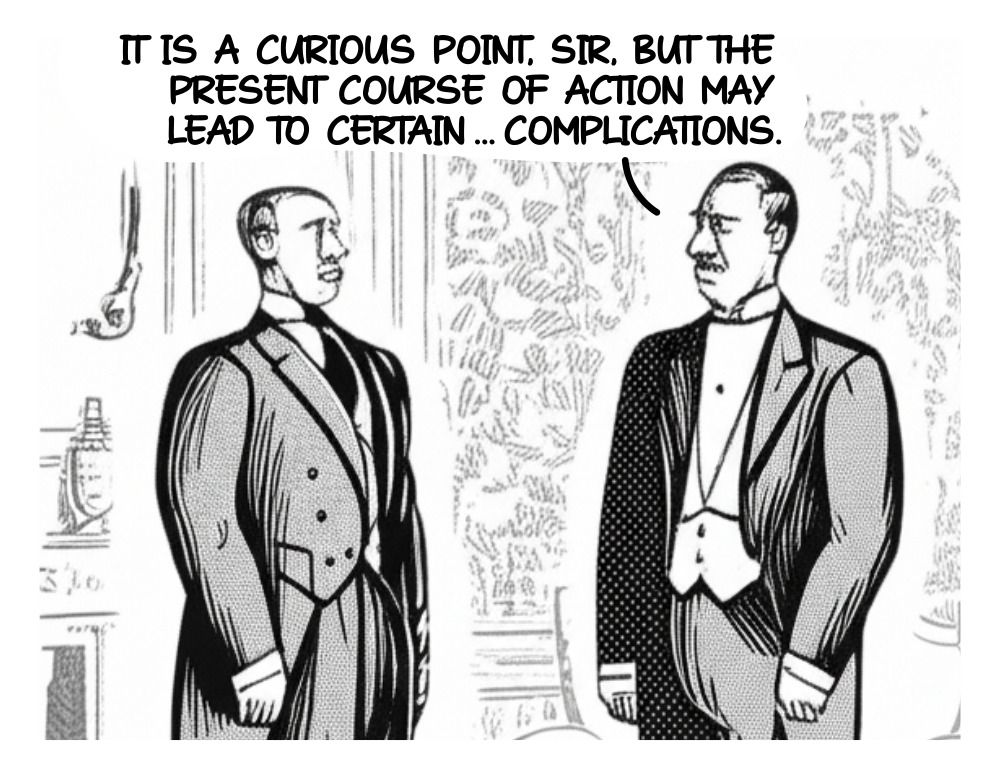 News of a death often arrives on its own schedule, sometimes long after the moment itself, carrying the quiet weight of something that still matters. Many people, confronted with that delay, retreat into silence, convinced the chance to acknowledge the loss has passed.
News of a death often arrives on its own schedule, sometimes long after the moment itself, carrying the quiet weight of something that still matters. Many people, confronted with that delay, retreat into silence, convinced the chance to acknowledge the loss has passed.
Condolence etiquette has never hinged on punctuality. It rests on the willingness to recognize another person’s pain and to honor the life that ended. We underestimate how much solace lies in being remembered, even belatedly, by another human being.
Families living with loss do not follow a tidy emotional timetable. Their grief continues long after the initial messages fade. A card that arrives months later does not intrude. It joins the ongoing landscape of remembrance, signaling that the person who died has not slipped from view.
A simple card carries weight when it contains a sincere memory or a few honest lines. Such gestures do not resolve anything. They acknowledge. They accompany. They remind.
A belated condolence often strengthens its purpose, showing that remembrance has endured beyond the first wave of attention. It proves that compassion can outlast the news cycle, the social awkwardness, and the instinct to step aside.
Decency does not expire. Time does not blunt the value of kindness. It often sharpens it, demonstrating that empathy can still reach across the distance that loss creates.
 British comedian and The Vicar of Dibley star
British comedian and The Vicar of Dibley star 
 Boundaries define what you’ll tolerate and what you won’t. Without them, you hand control of your time and energy
Boundaries define what you’ll tolerate and what you won’t. Without them, you hand control of your time and energy 
 A disagreement stays harmless until you make it personal. Attack someone’s character, dismiss their opinions, or ignore their emotions, and it stops being a discussion. It
A disagreement stays harmless until you make it personal. Attack someone’s character, dismiss their opinions, or ignore their emotions, and it stops being a discussion. It 
.jpg)
 We tend to see
We tend to see  Ask anyone who has ever written something that actually worked—a punchy social post, a compelling blog entry, a persuasive ad, or even a user manual that finally made sense—and they’ll tell you: it didn’t begin with confidence or inspiration. It started with motive.
Ask anyone who has ever written something that actually worked—a punchy social post, a compelling blog entry, a persuasive ad, or even a user manual that finally made sense—and they’ll tell you: it didn’t begin with confidence or inspiration. It started with motive.